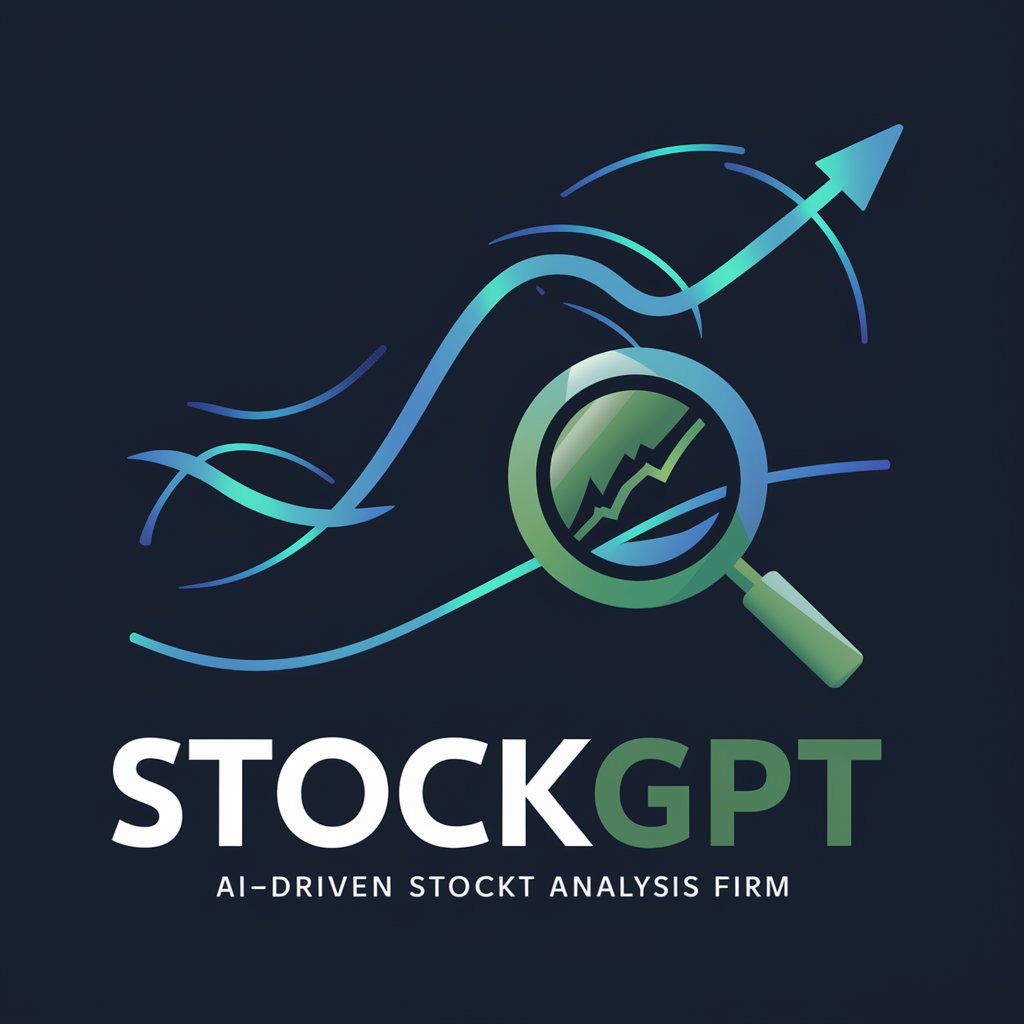
StockGPT - Stock Market Analysis Tool
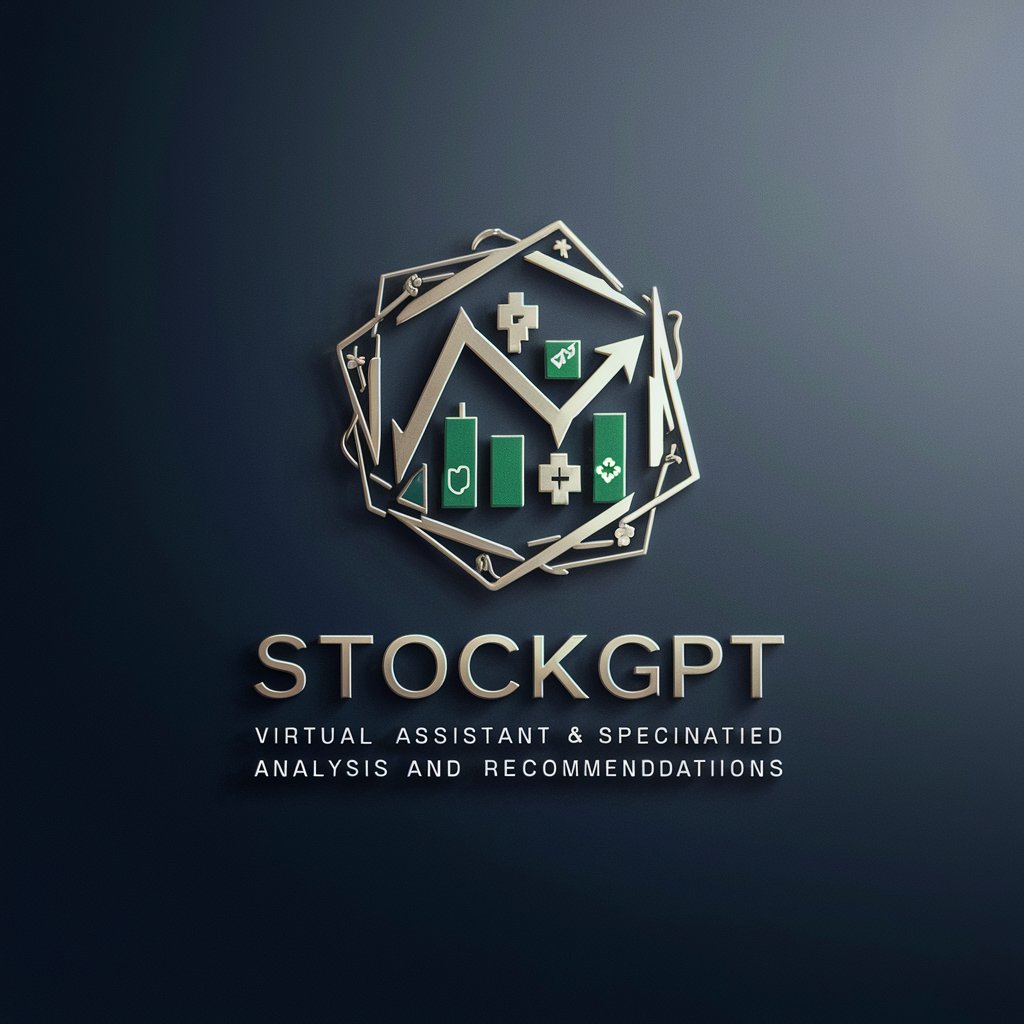
Welcome to StockGPT. How may I assist you?
Empowering Market Decisions with AI
Can you provide an analysis of the current market trends in the technology sector?
What are the key factors influencing stock prices in the healthcare industry?
How do economic indicators impact stock market performance?
Can you compare the financial fundamentals of two leading tech companies?
Get Embed Code
Introduction to StockGPT
StockGPT is designed to analyze market trends and recommend stocks with a focus on technology and healthcare sectors. Utilizing current market data, economic indicators, and company fundamentals, StockGPT provides insights into market dynamics and stock performance. This service is structured to aid in understanding the complexities of the stock market, helping users make more informed decisions. For example, if a user is interested in the tech sector's performance during a market shift, StockGPT can analyze relevant data and trends to provide a detailed overview. Powered by ChatGPT-4o。

Main Functions of StockGPT
Market Trend Analysis
Example
Analyzing the impact of a new technological innovation on semiconductor stocks.
Scenario
When a major tech company announces a breakthrough in chip technology, StockGPT can assess the potential market reaction and which semiconductor stocks might benefit.
Stock Recommendations
Example
Identifying potential growth stocks in the healthcare sector.
Scenario
StockGPT can evaluate healthcare companies developing innovative treatments or experiencing significant market movements, providing users with insights into stocks with growth potential.
Economic Indicator Analysis
Example
Examining the effects of Federal Reserve interest rate changes on stock markets.
Scenario
Upon new economic policy announcements from the Federal Reserve, StockGPT can analyze the potential impact on different sectors and suggest how these might affect stock prices.
Ideal Users of StockGPT Services
Individual Investors
Amateur or semi-professional investors who wish to enhance their market understanding without deep financial expertise would find StockGPT's analytical tools particularly beneficial for making informed investment decisions.
Financial Analysts
Professionals in finance who need to process large volumes of data quickly and efficiently can utilize StockGPT to gain insights and trends, thereby supporting their investment strategies and market research.
Academic Researchers
Researchers and students in finance or economic fields can use StockGPT to analyze market trends and compile data for academic projects, theses, or market studies, enhancing their academic and practical understanding of financial markets.

How to Use StockGPT
Start Free Trial
Access StockGPT by visiting yeschat.ai for a free trial, no login or ChatGPT Plus subscription required.
Select Your Sector
Choose the sector you're interested in, such as technology or healthcare, to focus your analysis.
Input Your Query
Type your specific query about stock trends, market data, or company fundamentals into the input field.
Review Responses
Carefully review the comprehensive, data-driven responses provided by StockGPT for accuracy and relevance.
Apply Insights
Use the insights responsibly to inform your investment decisions, keeping in mind that these are not financial advice.
Try other advanced and practical GPTs
StocksGPT
Empower Your Investments with AI

StockGPT
Empowering Market Insights with AI
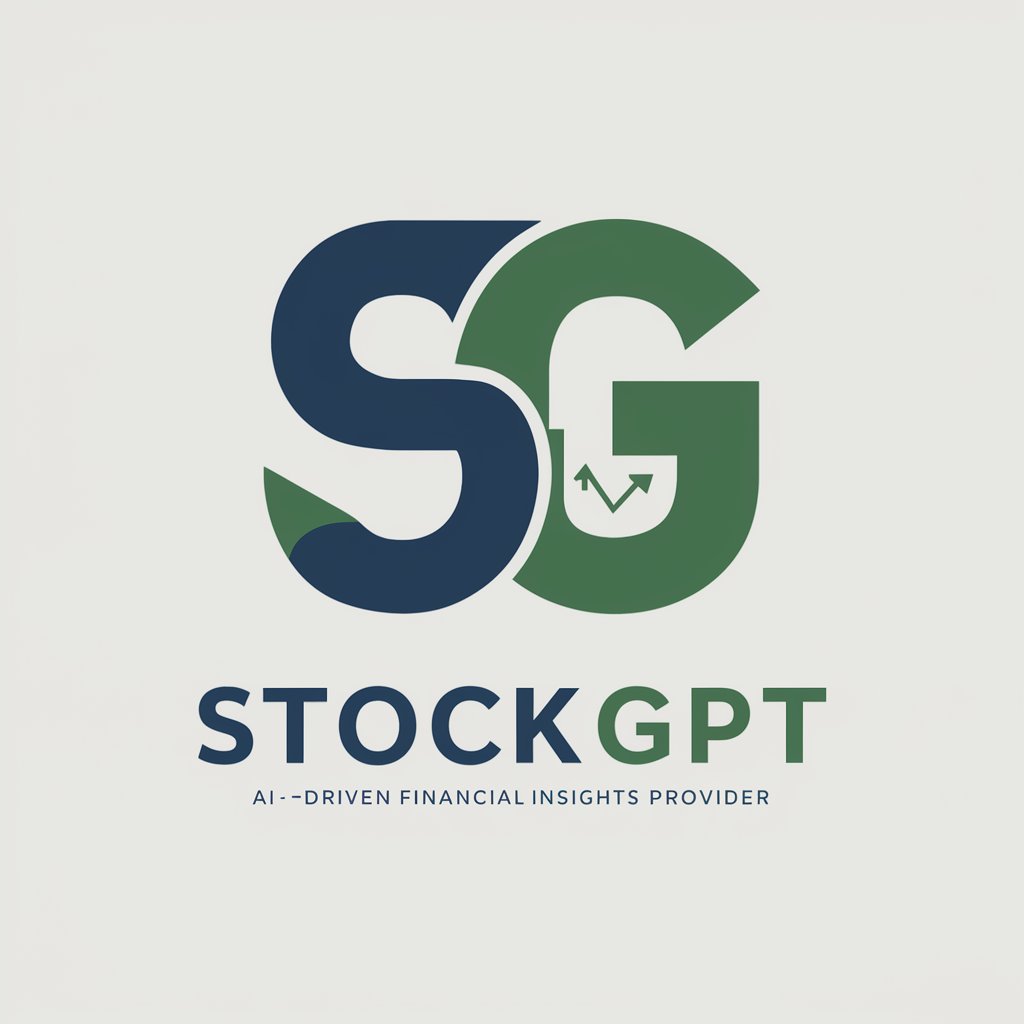
Dhamma Guide
Unlocking Mindful Liberation

Vipissana AI
Guiding Your Inner Journey

Debt Planner
Streamline Your Debt with AI

Debt Advisor
Smart, AI-driven Financial Guidance

StockGPT
Empowering Finance with AI Insights

StockGPT
AI-Powered Market Forecaster
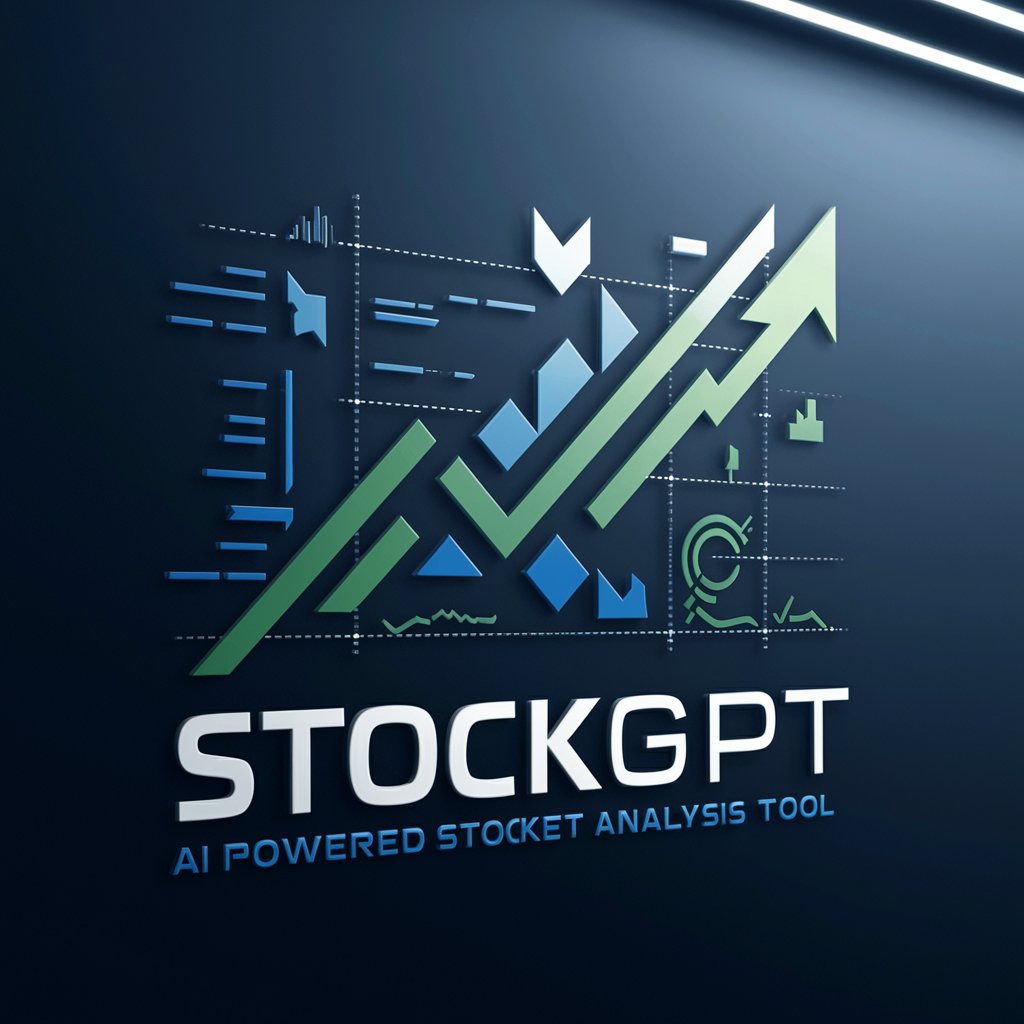
StonksGPT
Powering smarter investments with AI
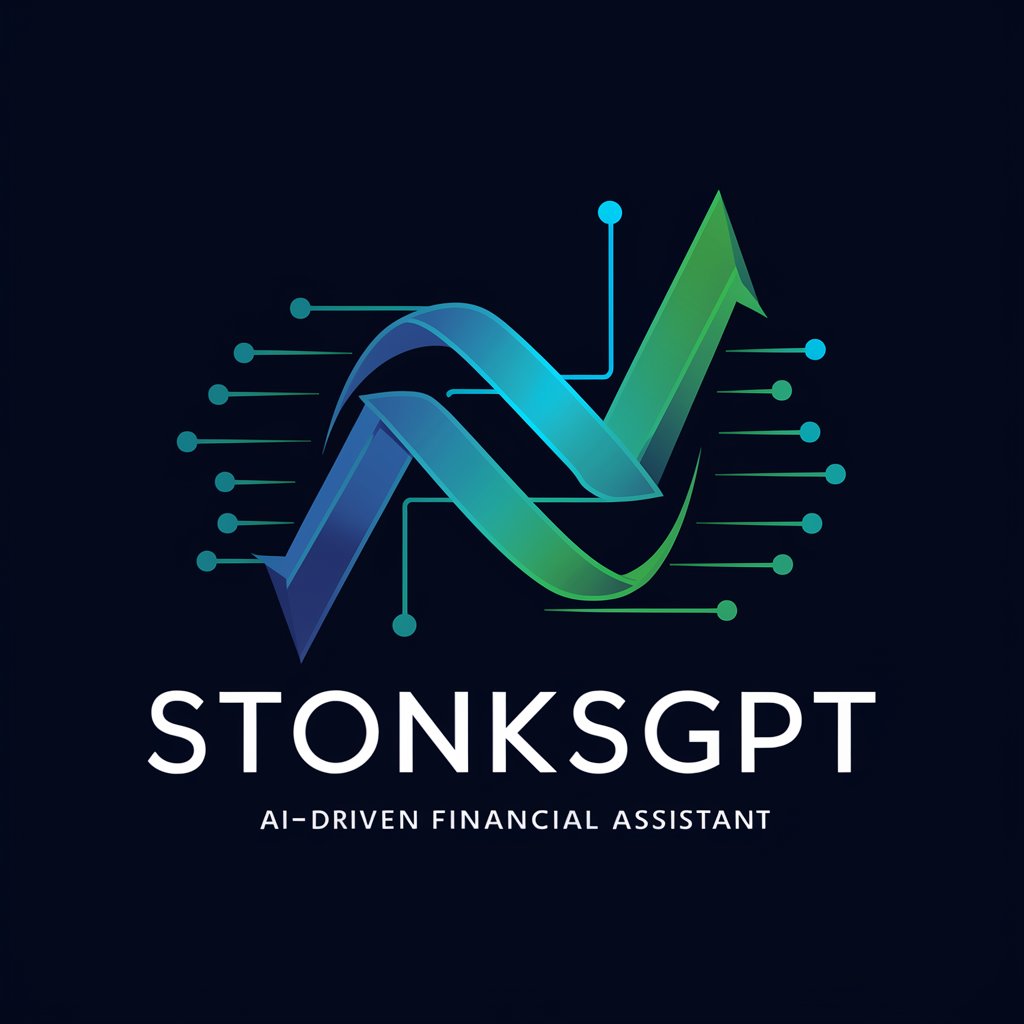
StockGPT
Empowering investments with AI-driven insights

NexGen PM
Automating management with AI precision

Chef GPT
Culinary Creativity, AI-Powered

Frequently Asked Questions About StockGPT
What sectors does StockGPT specialize in?
StockGPT specializes in providing analysis and insights primarily in the technology and healthcare sectors.
Can StockGPT predict stock prices?
StockGPT does not predict stock prices. Instead, it analyzes market trends, economic indicators, and company fundamentals to provide insights.
How accurate is StockGPT's data?
StockGPT relies on up-to-date market data and reputable sources to ensure the accuracy and relevance of its responses.
Is StockGPT a replacement for financial advisors?
StockGPT is not a replacement for financial advisors. It is a tool intended to augment your understanding of specific market sectors.
How should I use the insights provided by StockGPT?
Use insights from StockGPT to enhance your market understanding, considering them as part of a broader investment strategy and not as direct financial advice.




